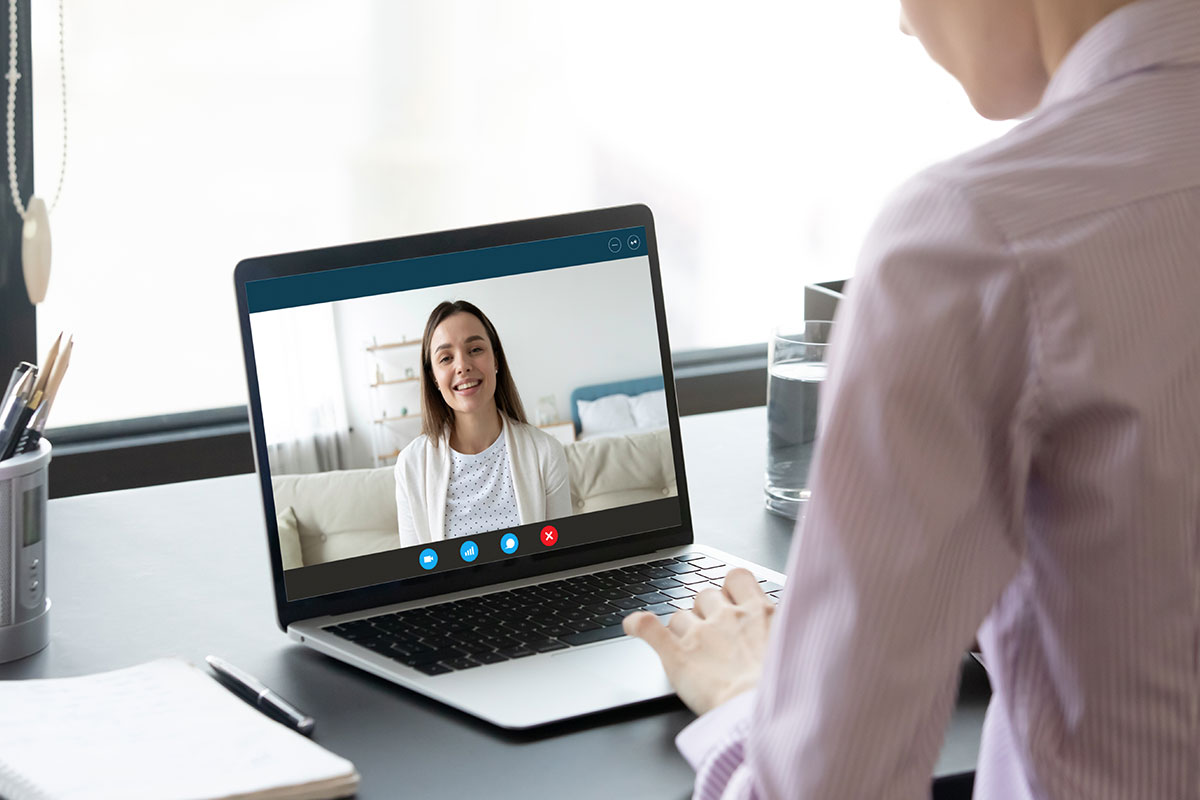When resolving divorce-related matters, alternative dispute resolution is often more effective than litigation. Mediation has been uniquely beneficial in light of Covid-19 court modifications. Maricopa County Family Court judges only mandate the process for cases involving children, but they recommend it for all family court issues.
While we wait for the Family Court to resume its normal operations, mediation remains the most viable forum for moving your case forward. The original Covid-19 Pandemic modification order recommended that mediations proceed “telephonically.” Attorneys and clients have since found that the Zoom platform is a successful alternative.
What is Zoom?
While nearly everyone in every state was under a stay-at-home order, Zoom virtual gatherings became the go-to alternative to face-to-face meetings. In April, Zoom founder Eric S Yuan announced that the platform increased its reach from 10 million daily users in December 2019 to 200 million by March 2020. That was largely due to the number of employees, college students, and school children working from home during the e pandemic.
You can access a Zoom virtual meeting via Apple, Android, Chrome, or iOS operating systems. You reach the platform by clicking a link shared via text message or email. Once you’re in a meeting, on-screen features allow users to chat or share relevant documents. Microsoft, Facebook, Skype, and other companies have software that offers similar meeting experiences.
Virtual ADR
Mediation is an alternative dispute resolution forum for couples who prefer to reach an agreement without litigation. A trained mediator listens to each side and encourages discussion. Participants address child support, alimony, property division, child custody, child visitation, and other divorce-related issues. While the process doesn’t always resolve pending issues, it facilitates communication. It often opens the door to more productive negotiation.
In pre-Covid-19 mediation, you, your spouse, and your legal representatives would meet in a neutral setting. Zoom accomplishes the process virtually. It allows you and your spouse, a mediator, and your legal representatives to interact while maintaining a social distance. Until the courts restore their normal schedule, Zoom is helping to resolve cases that would otherwise have been put on hold.
What About Privacy?
Zoom and similar platforms have changed the way Americans participate and interact. It allows people to do their jobs and schoolwork without leaving home. Families and organizations connect through Zoom social gatherings. It’s an innovative communication tool, but many people have encountered personal privacy issues.
Parental Privacy
Since the Covid-19 pandemic began, children are always at home instead of in school or in someone else’s care. As participants often disclose details that young children shouldn’t hear, it presents a privacy challenge for parents. You could resolve the problem by accessing a meeting from a different room or asking a trusted, properly-masked relative to supervise your children. A mediator could schedule periodic breaks for parents to check on their children.
Face-to-Face Anxiety
If the idea of extended screen-time with your estranged spouse makes you feel uncomfortable or anxious, Zoom offers several coping options. The mediator can set up breakout sessions for separate conversations in private “rooms.” To prevent accidental or intentional access, they can “lock” your room. The mediator can also mute one or all participants in a group session.
As a participant, you may take a break by muting your own audio. If you prefer to be heard and not seen, you can turn off your camera for a few minutes. Depending on how you registered for the session, other participants will see a photo or a blank space instead of your live face. While you’re muted or off-camera, you can still hear the session leader. You may also stay engaged by sending chat messages to an individual or to the group.
Zoom Isn’t Appropriate for Domestic Violence Cases
If you have domestic violence concerns, Zoom is not the right forum for your meeting. The process can be unproductive when an abuser and victim still share living quarters. Even if you live in separate homes, the court system can’t predict or prevent an abusive spouse’s actions.
If you have domestic violence issues that you deem an emergency, Maricopa County Family Court is open for services it considers “essential.” These include protection order applications, hearings for protection orders, motions for temporary emergency orders, and hearings for emergency motions. The court has established special protocols for these procedures.
Contact Attorney DeShon Laraye Pullen
If you would like to know more about Zoom mediation or you have another divorce-related question, reach out to us for more information. DeShon Laraye Pullen is a Certified Family Law Specialist. Our Phoenix and Scottsdale attorneys help families resolve divorce, post-divorce, and decree modification issues. We handle every client’s case with compassion and dedication.
To schedule a consultation, call us at 602-252-1968 or complete our Contact Form.



